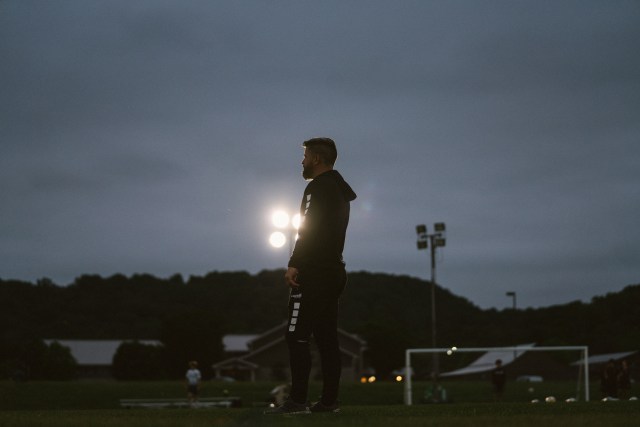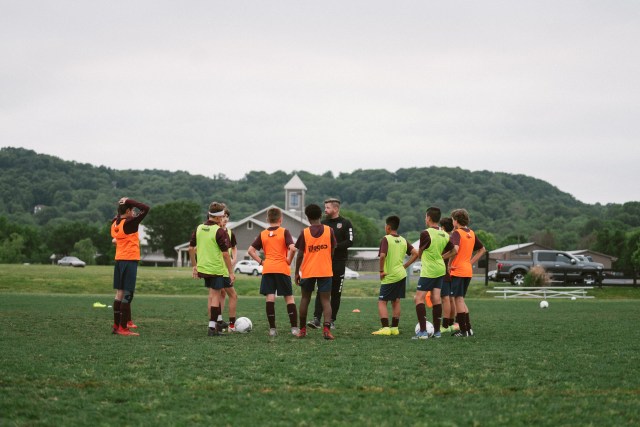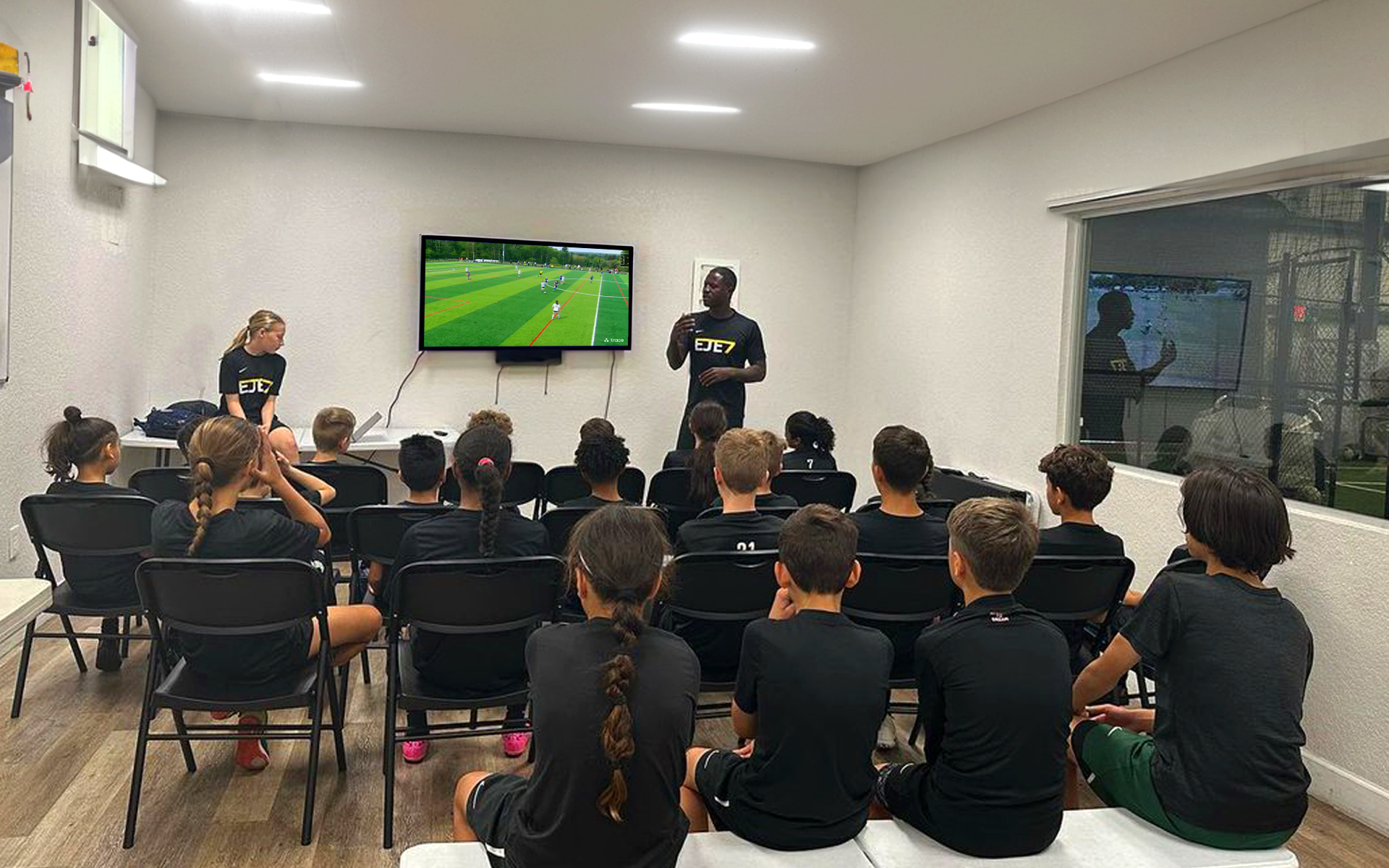

Coaching youth soccer is an extremely rewarding experience, but it can also be extremely challenging. One of the primary challenges is finding enough time to give each player the attention they need. With so many different individuals per team, it’s simply not possible for one person to give everyone the same amount of time and attention.
The biggest priority for every coach should be to help players reach their potential and hit their goals. The competition for college scholarships is more fierce than ever before, and the level of play across all levels has dramatically increased in recent years. This is forcing coaches to feel the pressure from parents, players, and clubs to spend more time and energy on their team. Pushing them to be their best all while enjoying their sport is an entirely different topic. Here are a few specific reasons why this generation of players needs more attention than ever before:
Shortened Attention Spans
Coaches at all levels of youth soccer face an increasingly difficult challenge: shrinking player attention spans. With so many competing demands on their time and opportunities at their fingertips, young players are finding it harder to focus on any activity for long periods. As a result, the development and enjoyment windows for youth soccer are smaller than ever before.
Wide Range of Learning Methods
Each athlete has a preferred learning method, and most communicate differently. As a result, any coach will recognize that adapting their style to fit each team member can be difficult. If a coach knows only one way to do things, they will quickly get into trouble. When dealing with youth athletes, adjusting for each individual is crucial, which can be problematic on a team of fifteen or more.
High Volume of Players and Talent
With the large volume of soccer players across the country, It’s not uncommon to see coaches juggling multiple teams. They often have to shuttle from practice to practice, trying to give each team the attention it deserves, let alone each player. The increased number of players participating in the sport also means tougher competition and higher talent across the board. It’s a juggling act, and it’s easy to wonder if some players are falling through the cracks.

A Need for More than One Voice
Nearly every successful athlete shows gratitude for the people that got them where they are today. It’s not just family or one coach, but multiple voices and leaders that helped them along the way. Voice and people are important, especially for young athletes. A single coach can only do so much and having other sources of advice and input with different perspectives is essential. Individuals that are able to learn from various sources will be more likely to develop a well-rounded game and begin to develop thoughts for themselves.
New Areas of Growth Off the Field
More research around sports has been conducted, so many new training and development techniques have emerged in recent years. One of those that is practiced off the field is mental strength. Mental strength is the ability to bounce back from setbacks, stay focused and motivated in the face of adversity, and handle stress healthily. It’s been proven that mental strength is a better predictor of success than physical ability or talent. Still, it’s not easy to improve and communicate this with every player on a team, which is why mindset experts and coaches are becoming so popular among athletes.
How to give your players more attention:
- Hire an assistant coach or make the most out of your current assistant. This will significantly help your players by providing them with different opinions, perspectives, and relationships that will help them grow and develop as well-rounded players. Ask the assistant to lead one training a week and take on a fitness, recovery, or finishing session.
- Find tools that make your life easier. With the exponential growth of technology, tools and equipment have been created to make coaches’ lives easier. You might not recall everything that occurred in a game or be able to pull data on player performance as you wished, but technology like Trace is designed to give your time back. By giving you access to previously unseen game footage and metrics that give each player the attention they deserve, teams now don’t have to deal with the traditional hassle of recording games and statistics.
- Prioritize team bonding off the field. Knowing your players outside of regular team activities will help you bond and develop your relationship with your players and their families. Activities such as movie night, pasta dinners, and even mini-golfing are perfect community builders amongst teams that are easy to coordinate.
- Check in with your players for less than five minutes (weekly). Take no more than 5 minutes weekly (before or after practices) for players to talk to you one-on-one and share any thoughts they have. You can knock these out with multiple coaches quickly, and you’ll be astounded at how close you feel to your team.
- Schedule a team session on mental strength once a month. Setting up a session with a mindset professional is advantageous for them, as well as yourself. This lets you focus on your work on the field and lets your players hear from a new voice. Examples such as visualization, self-talk, meditation, or goal training can help develop resiliency and a stable base. By scheduling a session once a month, you’ll ease your players into new habits and can begin to practice these methods on their own.

